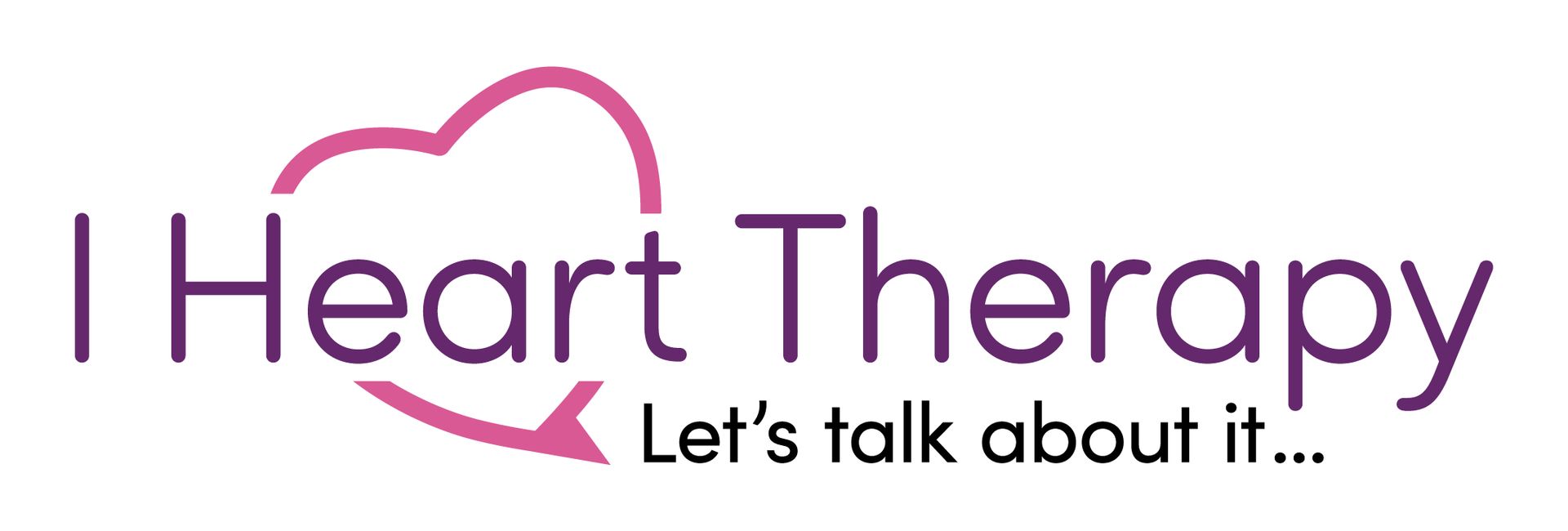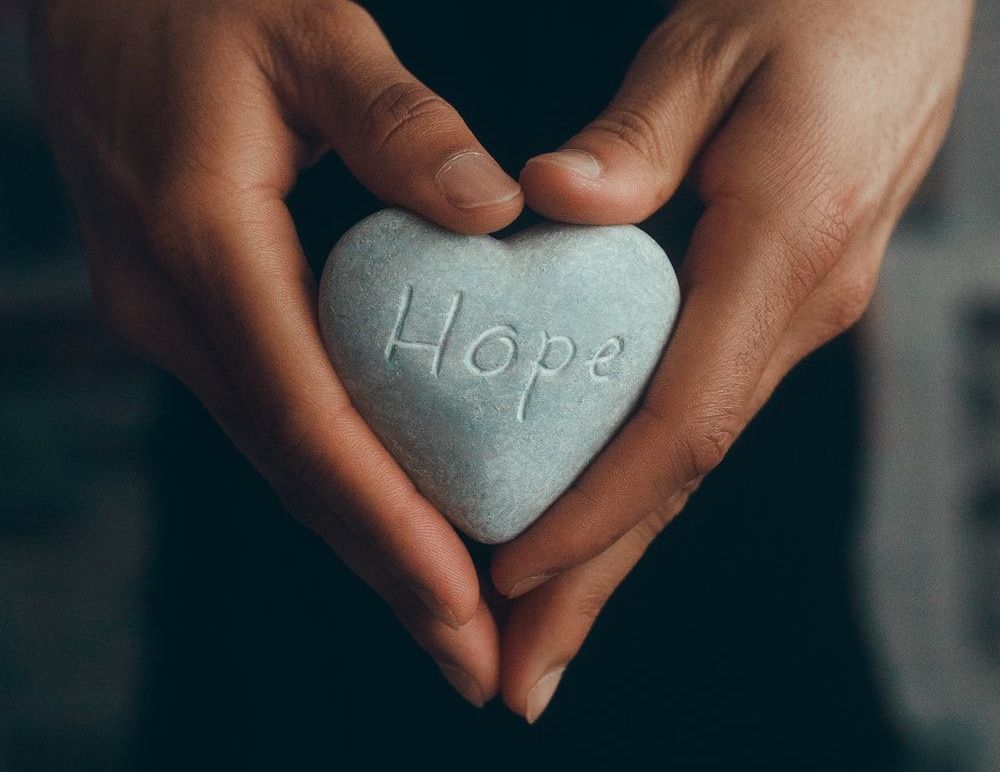How to Cultivate Hope
Dan J. Tomasulo, PhD • July 1, 2019
How to cultivate hope; the secret is focusing on what you can control.
Unique among all the positive emotions, hope require some degree of dissonance, difficulty, negativity, or uncertainty to be ignited. If there isn't some thing awry, we don't call upon hope.
In studying this field, a pattern emerges. People high in hope have sustainably better physical and mental well-being. They also tend to live longer and happier lives. High-hope people see, and respond to, the world differently, and they use their thoughts to focus on what they can control.
Our level of hope can have a big impact on our lives. High-hope people have passion and zest that fuels their energy. This passion is viable and dynamic because there is a degree of persistence and follow through that accompanies it. They are optimistic about their future and believe in possibilities. They see challenges as opportunities to grow and learn, rather than as obstacles. This is key to the success of many High-hope people. They not only bounce back from setbacks they seem to bounce forward and keep going despite the challenges. They believe possibilities can open up when they put in the work. Here's a tip sheet to get you into the habit of hope.
Set and Achieve Goals
Goal setting is only as important as the action you take toward achieving your goals, and people high in hope do both. They know that without a clear goal, it's easy to get distracted and lose focus. They don't let life happen to them; they proactively make decisions and take action to move forward in their lives. Whether it's a big dream or a small goal, the hopeful typically have something they're working toward. They usually visualize their goals and create conditions that set them up for success. One way that gets done is through micro goals, which are brief and reasonable to accomplish. Getting three emails out in the next 15 minutes or preparing lunch in the next 20 minutes are simple examples. Setting goals and taking action can create an upward spiral of engagement and accomplishment.
Stick With Positive People
Being around positive people is one way to keep an optimistic mindset. This doesn't mean being intolerant of another person's difficulties, negativity, or struggles, but it does mean that hopeful people tend to spend more time associating with those who share a bright and proactive attitude. People high in hope don't block themselves from naysayers or folks who have a more pessimistic viewpoint. They maintain a healthy balance but don't get overwhelmed by the negativity around them. They know that seeing different perspectives allows them to cultivate life realistically. Well they take in multiple, sometimes difficult, perspectives, they remain compassionate.
Focus on the Present
People high in hope tend to focus on what's in front of them. They don't dwell on the past or worry about the future, though they do set goals for themselves. They stay focused on what's happening right now. This allows them to stay positive and take action. Additionally, hopeful people are always learning. They're constantly trying to improve themselves and their skill set; this encourages contentment and openness to growth. Hopeful people are grateful for what they have; gratitude keeps them appreciative and grounded in the moment. They recognize that even though they may not have everything they want, they're still lucky to have so much good in life.
Be Self-reflective and Confident
While believing in oneself is important, highly hopeful people are able to forgive themselves as well. This is a unique combination because this type of confidence allows a person to be imperfect. In addition, they are willing to take reasonable risks to support their growth. Hopeful people know that failure is inevitable and that it's important to learn from those experiences, moving forward with positive momentum. This capacity for self reflection is valuable. Learning from mistakes means viewing failure as an opportunity rather than as a measure of self-worth.
Keep a Positive Outlook
You've heard this one before, and that's because it's true: when it comes to High-hope people, no matter what life throws at them, they endeavor to see the silver lining. They don't let the circumstance define their emotional response. In addition to having a positive outlook, high-hope people are also creative problem solver's. When faced with a challenge, they don't give up easily. Instead, they formulate solutions that help them overcoming the obstacles in their way. In chicken and egg fashion, positivity helps creativity, and being creative feeds positivity. They invest their energy in the future and hunt for the good.
Dan J. Tomasulo, PhD, is the academic Director at the Spirituality Mind-Body Institute
at Columbia University and teaches at the University of Pennsylvania.
How To Cultivate Hope

Are You Tired of Feeling Like You're Falling Behind in Life? In today's fast-paced world, young women face unprecedented challenges. From climbing the corporate ladder to maintaining meaningful relationships, the pressure to excel in every aspect of life can feel crushing. Add in social media's highlight reels and society's ever-rising expectations, and it's no wonder so many of us feel like we're running on empty. But here's the truth: feeling lost doesn't mean you're actually lost. It's a natural part of the journey that almost every successful woman has faced at some point.



